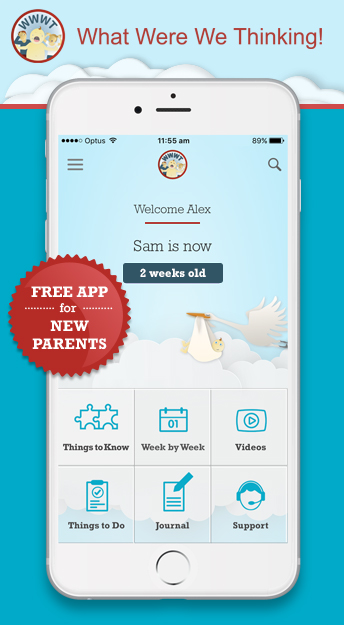Seeking Evidence-Based Advice

Being a celebrity does not automatically make you a health professional or a parenting expert! An increasing number of celebrities are offering health advice that is based on personal experience or opinion, but is not informed by research evidence. While some of it is a bit frivolous and harmless, if taken seriously it is potentially risky. It is really important to be able to distinguish evidence-based guidance, which is drawn from scientific studies of large groups of people, from the opinions of one person, especially in relation to the health of women who have recently given birth and their babies.
Alicia Silverstone is the latest celebrity to publish a parenting “how to”, The Kind Mama: A Simple Guide to Supercharged Fertility, a Radiant Pregnancy, a Sweeter Birth and a Healthier, More Beautiful Beginning. This book offers advice, about all stages from conception to motherhood, based on personal experience. Some of the advice that she espouses does not conform to evidence about safety and health for infants and mothers. Silverstone warns parents that forcing their babies to sleep in a cot is negligent, but this is counter to the evidence about safe sleep spaces which is clear that the safest place for a baby to sleep is in a cot with a mattress that meets national safety standards. She also asserts that a plant based diet can replace prescription medicine and cutting out sugar will alleviate the symptoms of post natal depression. There is no evidence for either of these claims. It can be difficult to question published claims from a public figure, but it is always important to ask the question “On what evidence is this recommendation based?’ If this question cannot be answered or the only answer is personal experience or opinion, then it is better to look elsewhere. It is also important to ask health professionals about the source of their advice and whether they can explain the origins of recommendations or can guide you how to find it.
The What Were We Thinking program is derived from research evidence, which has been interpreted in consultation with new parents, maternal and child health nurses, clinical and health psychologists, general practitioners, pediatricians, lactation consultants and parenting educators.
Posted in: Health Professionals








